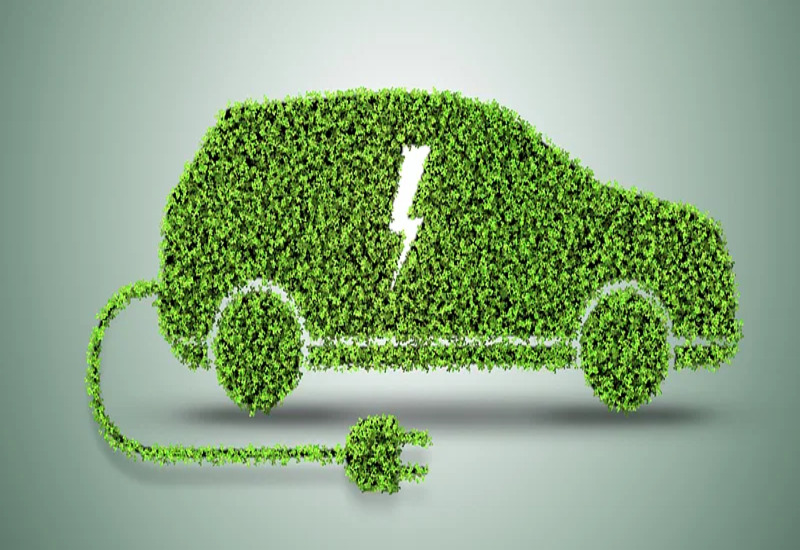Introduction: Electric vehicles (EVs) have emerged as a promising solution to combat the environmental challenges posed by traditional gasoline-powered vehicles. With advancements in technology, EVs have become more accessible, efficient, and eco-friendly, paving the way for a sustainable future of transportation.
Advantages of Electric Vehicles: EVs offer several advantages over conventional internal combustion engine vehicles:
- Zero Emissions: One of the most significant advantages of EVs is their ability to produce zero tailpipe emissions. They run on electricity, which can be generated from renewable energy sources, reducing greenhouse gas emissions and air pollution.
- Lower Operating Costs: Electric vehicles have lower operating costs compared to gasoline-powered cars. They require less maintenance, have fewer moving parts, and electricity is generally cheaper than gasoline.
- Quiet and Smooth Operation: EVs provide a quiet and smooth driving experience, as they lack the noise and vibrations associated with traditional engines.
- Regenerative Braking: Many EVs come equipped with regenerative braking technology, which allows them to recapture and store energy during braking, increasing overall energy efficiency.
- Reduced Dependence on Fossil Fuels: By shifting from gasoline to electricity, the transportation sector can reduce its dependence on finite fossil fuels, contributing to energy security and sustainability.
Challenges and Solutions: While electric vehicles offer numerous benefits, several challenges need to be addressed to facilitate their widespread adoption:
- Range Anxiety: Concerns over limited driving range and the availability of charging infrastructure have been significant obstacles. However, advancements in battery technology are steadily increasing the driving range of EVs.
- Charging Infrastructure: The development of a robust charging infrastructure is critical to support EV growth. Governments and private companies are investing in charging stations to meet the demands of EV users.
- Battery Cost and Recycling: Batteries are a significant component of an EV's cost. Continued research and development aim to reduce battery costs and improve recycling processes.
- Fast-Charging Technology: EV manufacturers are working on faster-charging solutions to reduce charging times significantly.
Government Incentives and Policies: Many governments worldwide are implementing policies and incentives to promote the adoption of electric vehicles. These include:
- Purchase Incentives: Governments offer tax credits, rebates, and grants to encourage consumers to buy EVs.
- Charging Infrastructure Support: Financial support for building public charging stations and mandating their installation in new buildings and public spaces.
- Emission Standards: Regulations that set emission targets for automakers, encouraging them to produce more electric and low-emission vehicles.
Future Prospects: The future of electric vehicles looks promising, with ongoing developments and innovations driving their growth. As battery technology improves, driving ranges increase, charging times decrease, and prices become more competitive, EVs will become even more appealing to consumers.
Conclusion: Electric vehicles represent a paradigm shift in the automotive industry, offering an eco-friendly alternative to traditional gasoline-powered cars. As technology continues to advance and governments push for sustainable transportation, the transition to electric vehicles will play a crucial role in creating a greener and more sustainable future.





